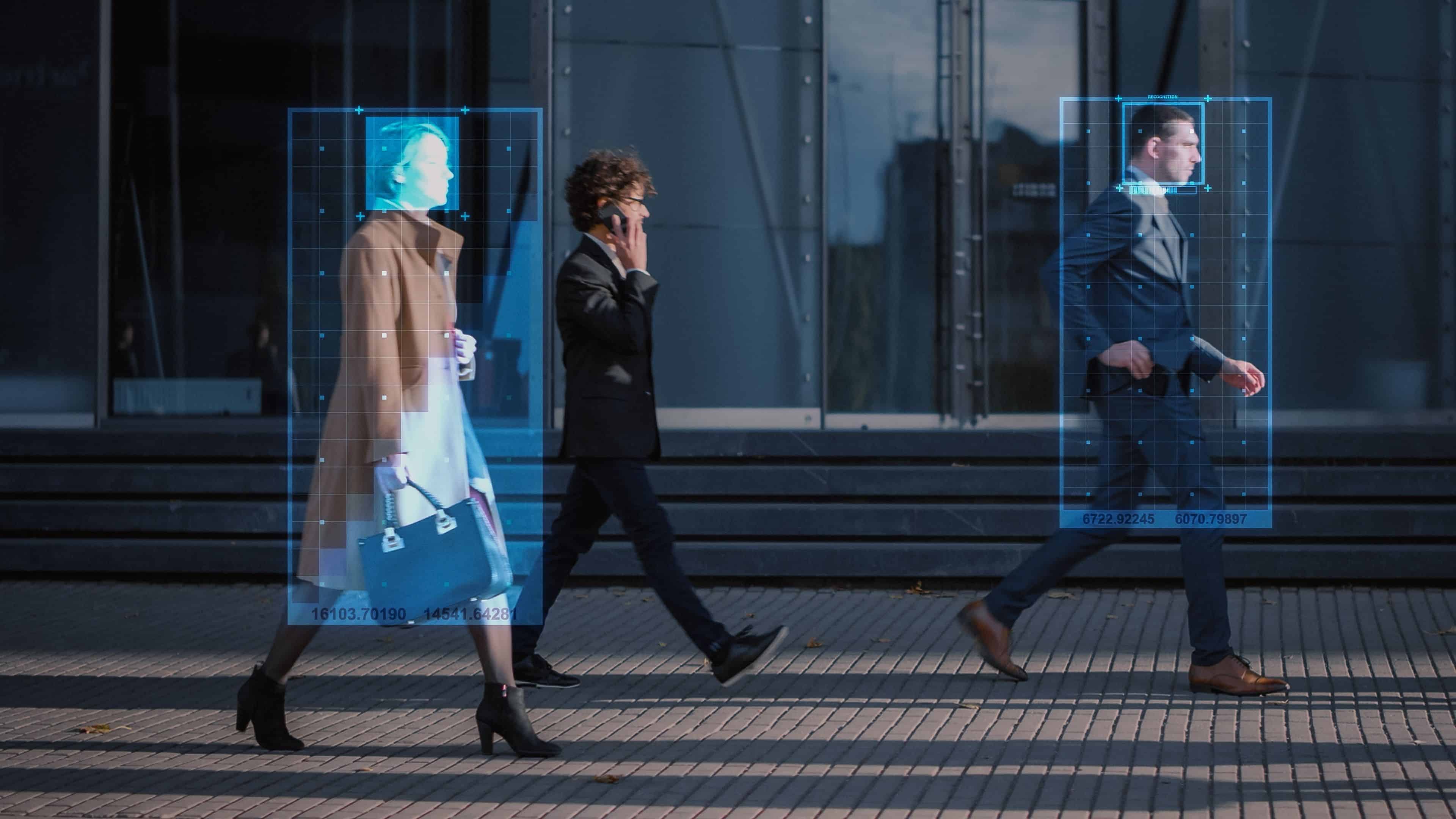Police forces across England and Wales are significantly increasing their use of face recognition technology, a move backed by the Conservative government. Despite controversies and concerns over privacy, human rights, and potential biases, the technology is being deployed in various public settings, including major events. The use of both live and retrospective face recognition systems is on the rise, raising questions about the necessity, proportionality, and oversight of this technology.
Key Points:
- The UK police are rapidly expanding the use of face recognition technology, with plans to double face searches against databases and collaborate with stores for identifying shoplifters.
- Civil liberties groups and some lawmakers are calling for a ban on face recognition technology in public places, citing privacy and human rights concerns and questioning its proportionality in crime prevention.
- Two main types of face recognition used by UK police include live face recognition (LFR) systems, which scan people in real-time at public events, and retrospective face recognition (RFR), which analyzes images from various sources against existing photo databases.
- The Metropolitan Police and South Wales Police have extensively used LFR, with no false alerts or misidentifications reported in their uses this year, though concerns about bias remain.
- The increasing use of face recognition comes amidst record-low levels of public trust in policing and lacks clear legal basis and external oversight, according to experts and reports.
Source: https://www.wired.co.uk/article/uk-police-face-recognition-expansion






